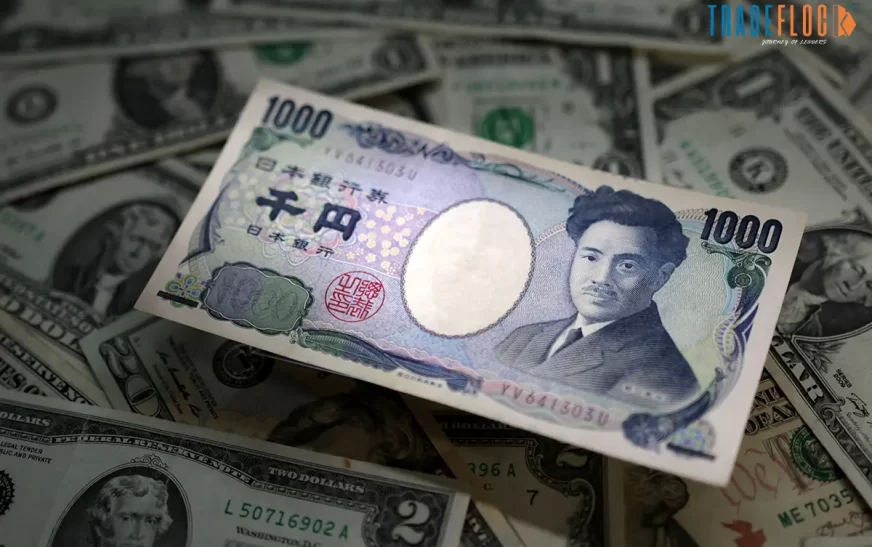On Tuesday, the yen dropped to its lowest level since February, while riskier currencies strengthened against the dollar, as traders anticipated the U.S. government shutdown would soon come to an end. The euro remained steady at $1.1555, and sterling gradually rose to $1.3165.
Late Monday, the U.S. Senate approved a deal to restore federal funding and end the longest shutdown, which now moves to the House. Speaker Mike Johnson has indicated he wants to pass it by Wednesday and send it to President Donald Trump for signature. Since Sunday’s Senate breakthrough, the Australian dollar has risen about 0.7% to $0.6536, while the yen has declined.
Analysts warned that these moves could be reversed if the shutdown agreement process extends beyond this week. Brent Donnelly of Spectra Markets noted that “Reopening by November 15 is just about fully priced in for now, so any deviation or delays from that could be viewed as risky for this rebound in liquidity.”
Also Read: Former South Korean President Yoon Charged in Treason Case
Key economic indicators such as New Zealand inflation expectations, UK weekly wages, and Germany’s ZEW sentiment survey are scheduled. The New Zealand dollar has been under pressure due to economic slowdown, hitting a 12-year low against the Australian dollar on Tuesday, reflecting differing interest rate prospects between the two countries.










